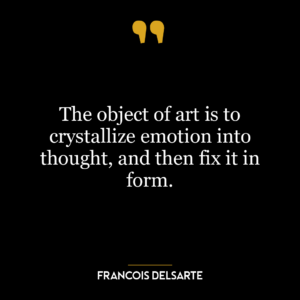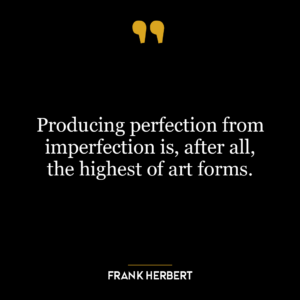This quote suggests that nationalism, the strong identification and loyalty to one’s nation, is not a natural or spontaneous sentiment. Instead, it is the product of a deliberate and strategic effort by the state to cultivate a particular national identity among its citizens. This process is likened to branding, a marketing strategy used by companies to create a unique image or identity that distinguishes their products or services from others. In the same way, a state might use symbols, narratives, rituals, and other cultural practices to instill a sense of national pride, unity, and distinctiveness among its citizens.
This idea can be applied to today’s world in a number of ways. For instance, we can see how governments use mass media, education, and public events to promote national identity and loyalty. In times of international conflict or competition, such as during the Olympics or World Cup, this national branding can become particularly intense. At the same time, we also see how this strategy can be used to marginalize or exclude certain groups who do not fit into the dominant national narrative.
In terms of personal development, this quote invites us to critically examine the sources and influences of our own sense of national identity. It encourages us to question how our beliefs and attitudes about our nation have been shaped by state-sponsored branding, and how this might affect our perceptions of others, both within and outside our nation. By recognizing the constructed nature of nationalism, we can strive to develop a more inclusive and nuanced understanding of national identity, one that respects and values diversity within the nation.






